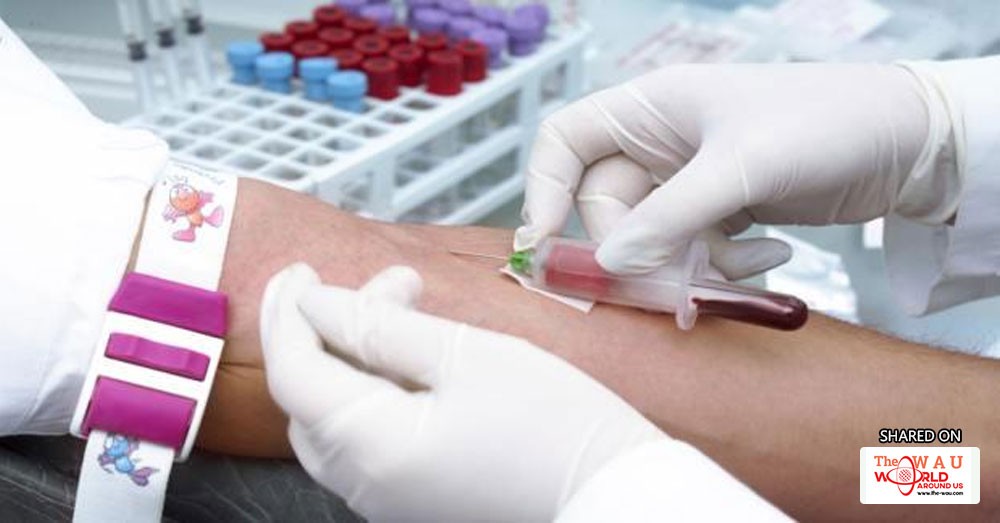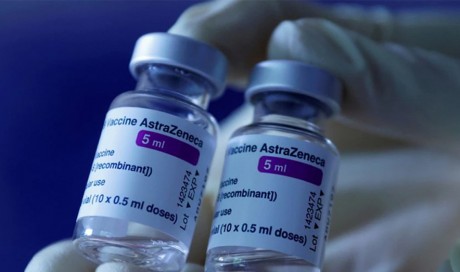Scientists have found a blood test that can detect eight of the most common cancers that are usually only diagnosed when it is too late to fight them.
Key points:
- Test detects cancer of the ovary, liver, pancreas, oesophagus, bowel, lung, breast
- Designed mainly for people over the age of 50
- Could one day reduce the number of people dying from cancer in Australia every year
Researchers from the study, published in the Science journal, said the test could become available to patients in the next few years.
It could let doctors know early on whether a patient had cancer of the ovary, liver, pancreas, oesophagus, bowel, lung or breast.
One of the Australian researchers involved in the study, professor Peter Gibbs from the Walter and Eliza Hall Institute, said it was a major step forward.
"For the first time we're seeing potential for a blood test that can screen for many types of nasty cancers that until now we've had to wait until symptoms are diagnosed quite late," he said.
A team of US and Australian researchers trialled the blood test on more than 1,000 cancer patients.
The test, which is sensitive to mutated DNA floating freely in the blood and cancer-related proteins, was able to detect tumours in 70 per cent of those patients on average.
"[The test is] quite sensitive, so it's detected most of the cancers, these early stage cancers that if diagnosed later are almost universally fatal," Professor Gibbs said.
Eight hundred volunteers who had not yet been diagnosed with cancer were also tested.
Professor Gibbs said that not many people were falsely diagnosed with cancer when they did not have it.
"More than 99 per cent of people without cancer had a normal test," he said.
There are already early screening tests for breast and bowel cancer, but Professor Gibbs said the blood test would help diagnose more people at risk.
Free breast cancer test
People at high risk of developing breast and ovarian cancer will be offered free BRCA 1 and 2 genetic testing.
"We're anticipating pretty much everyone would be happy to have a blood test — whereas everyone is not so keen on having a colonoscopy," he said.
The test has been designed mainly for people over the age of 50, as well as younger people with a family history of cancer.
"As we get older unfortunately the risk of cancer goes up," Professor Gibbs said.
"There's probably also some younger people that for various reasons, [such as] family history, might have a very risk of cancer and might want to start a little bit earlier.
"But probably the major aim would be the population screened from age 50."
He said they hoped the test would become part of a regular check up at least once a year.
...[ Continue to next page ]
Share This Post













